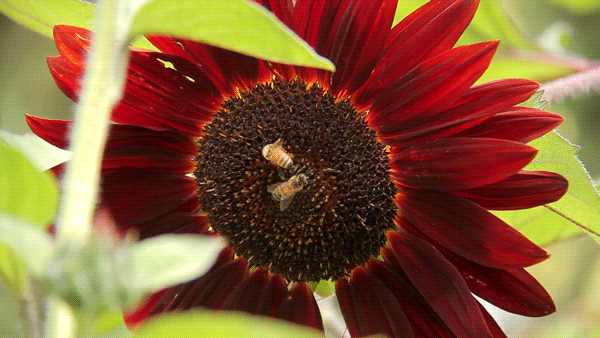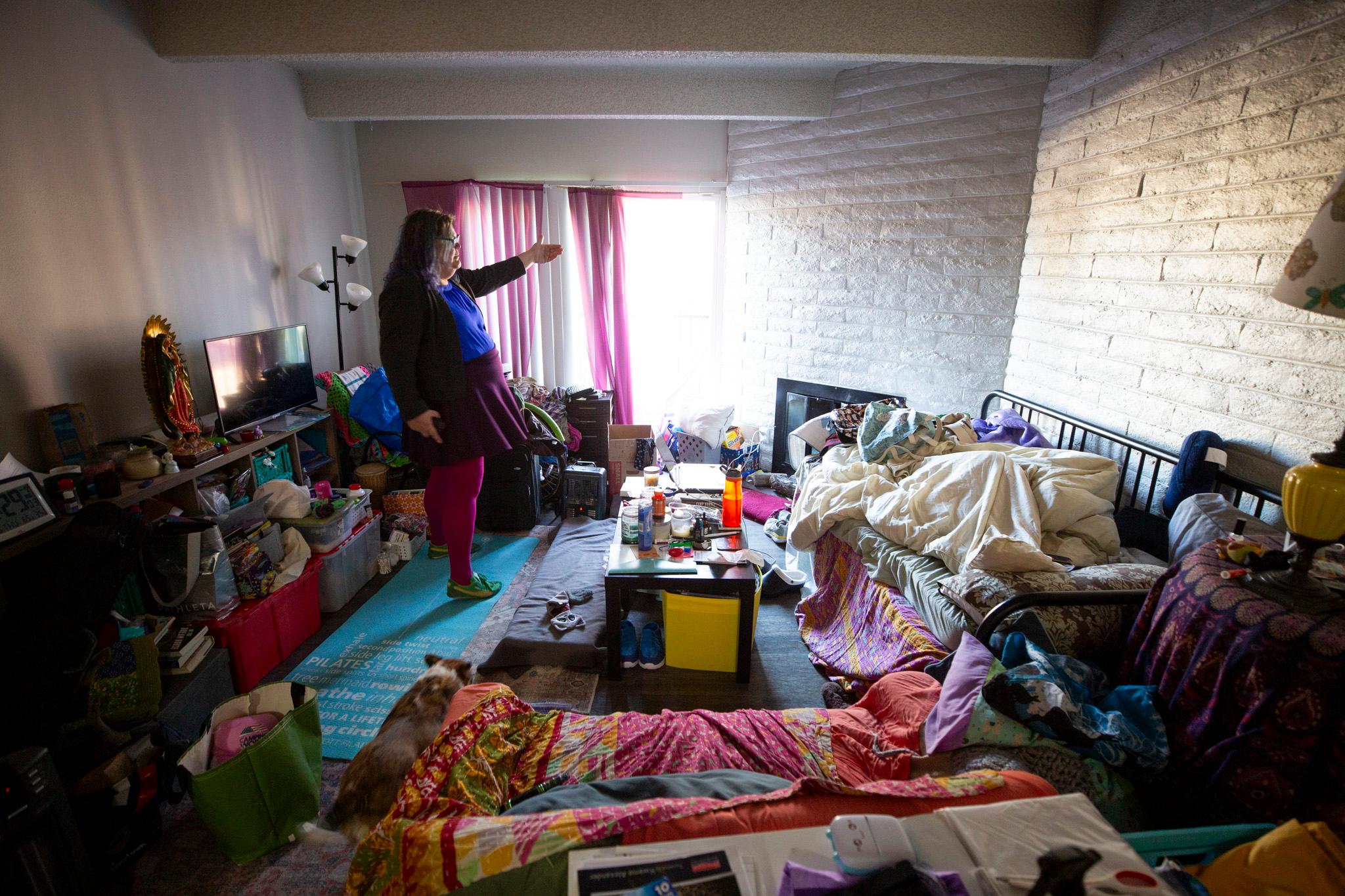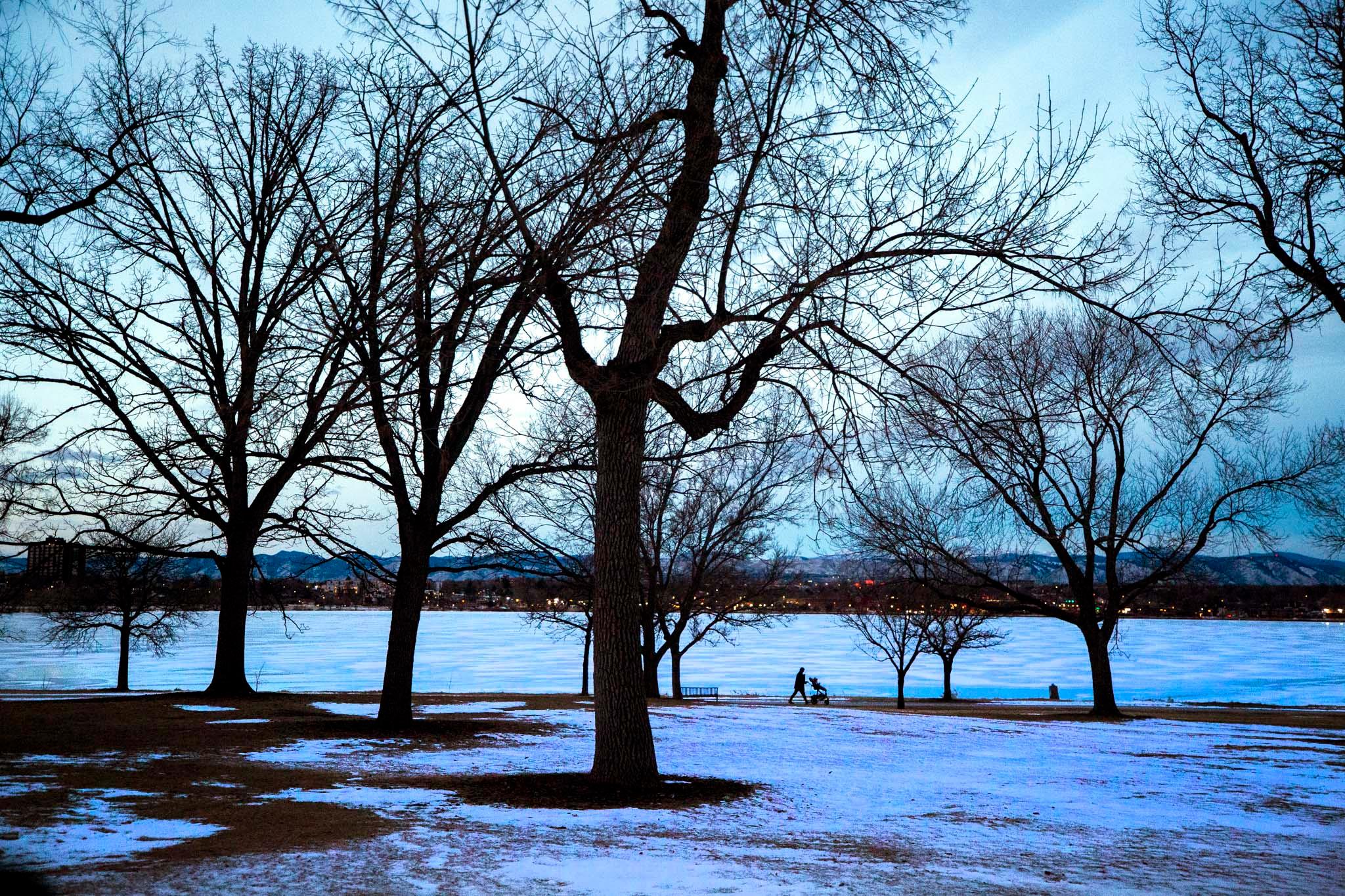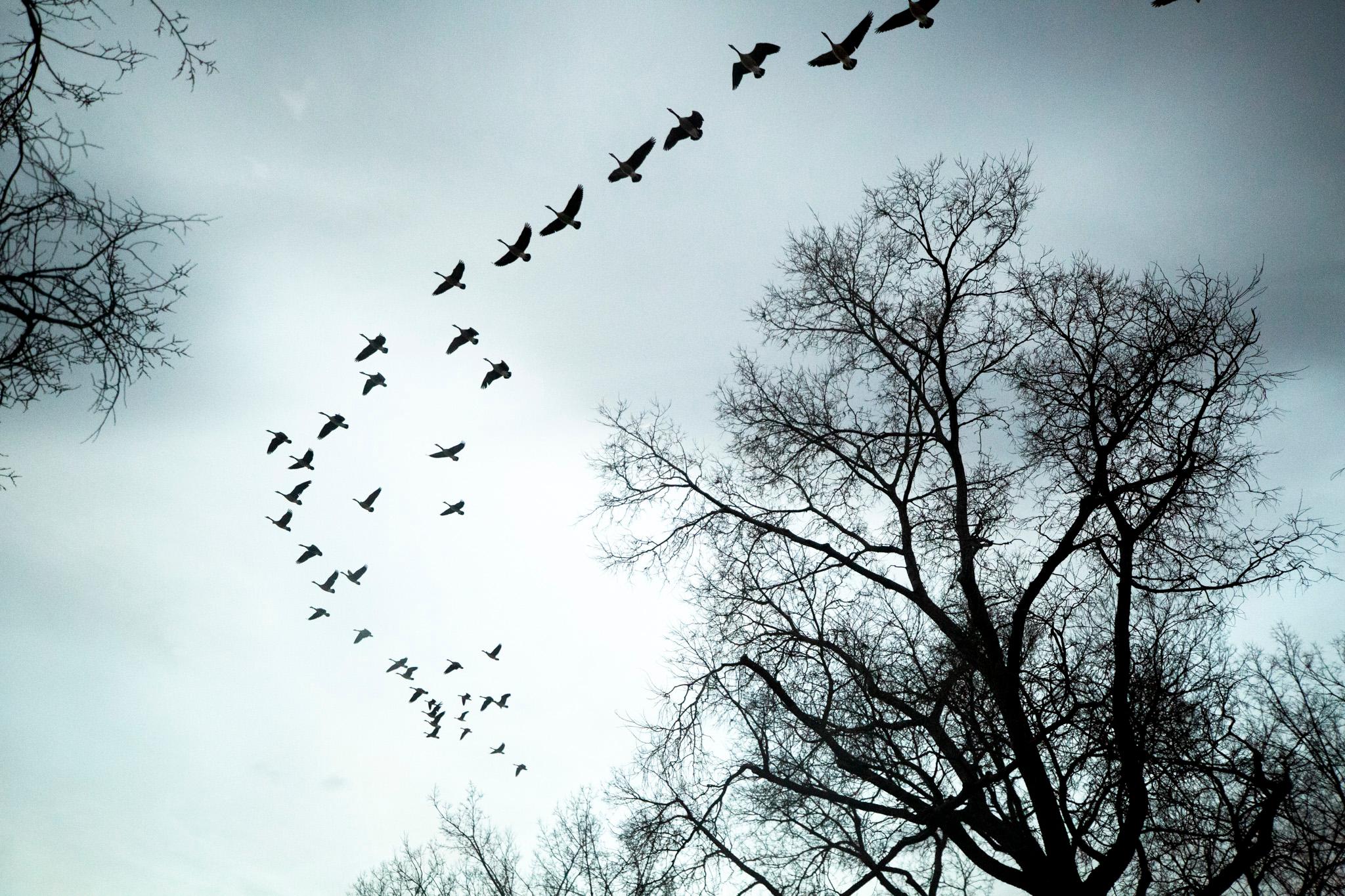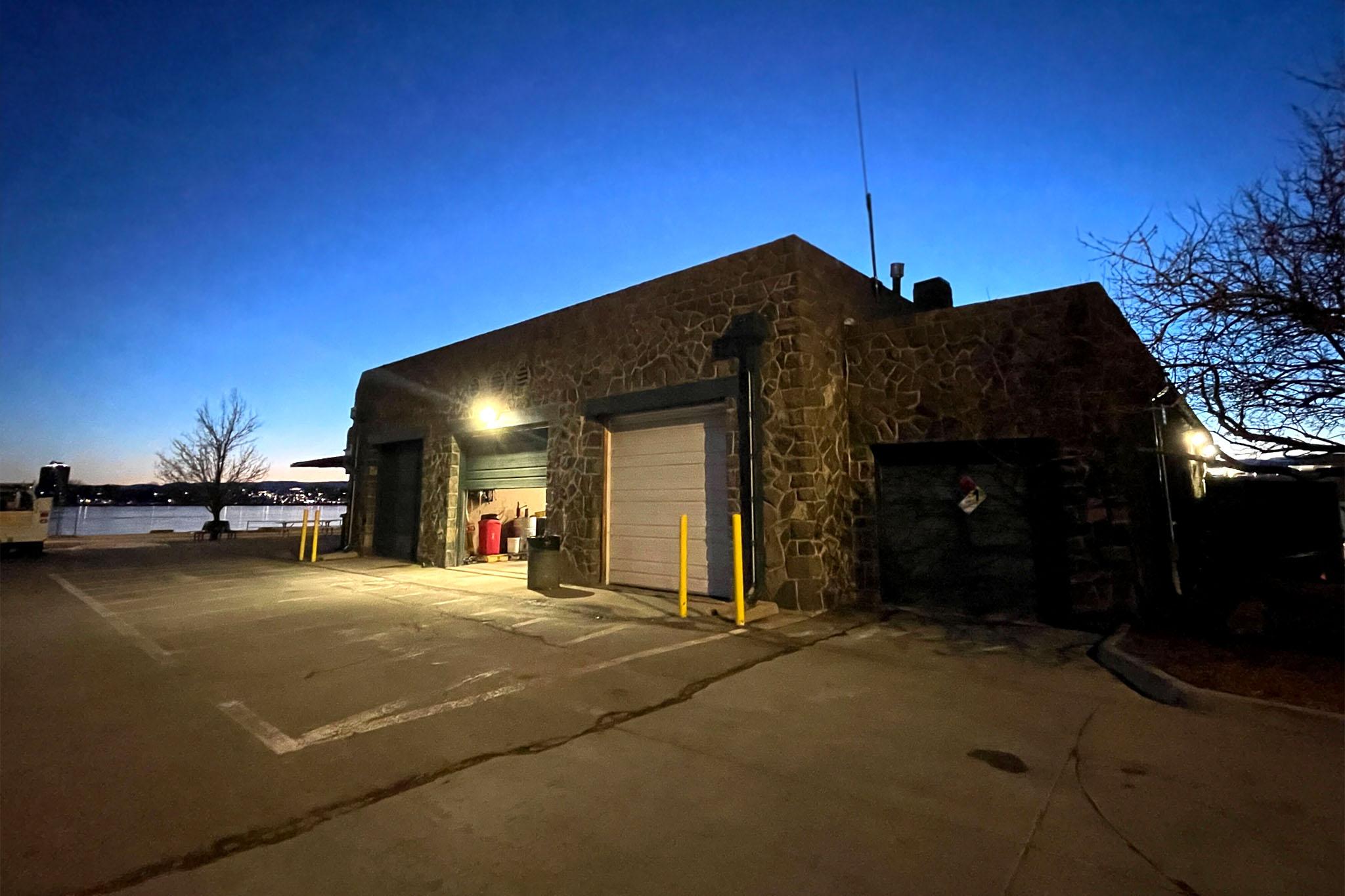Say you live in a fifth floor apartment in Denver and you have a spacious balcony. Maybe you've got some chairs and a table out there, but there's still room to fill. Pull together a few key things and you could get your balcony certified as a wildlife habitat by the National Wildlife Federation.
If you've got a whole yard to work with, even better, but the point is it only takes a little outdoor space to support a wildlife habitat. A pollinator garden, for instance, is a small but important contribution to the city's ecosystem.
"You have a balcony, you got pollinator plants that bees and butterflies and other species are using, and then basically you have done the work to get your balcony certified as a wildlife habitat," said Scott Gilmore, deputy executive director of Denver Parks and Recreation.
And if you get a backyard habitat certified now, you can earn Denver one point toward a Community Wildlife Habitat Certification.
"I certified my home about two weeks ago and that gives us one point. That doesn't sound like a lot but when you have 750,000 people living in Denver..." Gilmore said. "In my house what I did is we would plant flowers and plant strawberries, we had an area where water collected, we had trees, so that's a place where birds can nest and squirrels can be ... and we turned areas into more native areas."
The program, according to a press release, "empowers citizen leaders to act on behalf of wildlife throughout their communities" and "educates and engages community members while working to attain NWF's esteemed certification as a wildlife-friendly community."
It's not just for backyard habitats. In order for Denver to earn the certification, it'll enlist the help of schools, businesses, places of worship and other community spaces. The city will also work to certify its parks, so Parks and Recreation is leading the charge.
"The Denver park system is a diverse compilation of landscapes totaling approximately 6,000 acres of urban parkland and over 14,000 acres of mountain parks, forming one of the most expansive and unique park systems in the country," Happy Haynes, executive director of Parks and Recreation, said in a statement. "It only makes sense for Denver Parks to lead this important community engagement endeavor that will result in Denver being the largest Western city to be designated as a Community Wildlife Habitat."
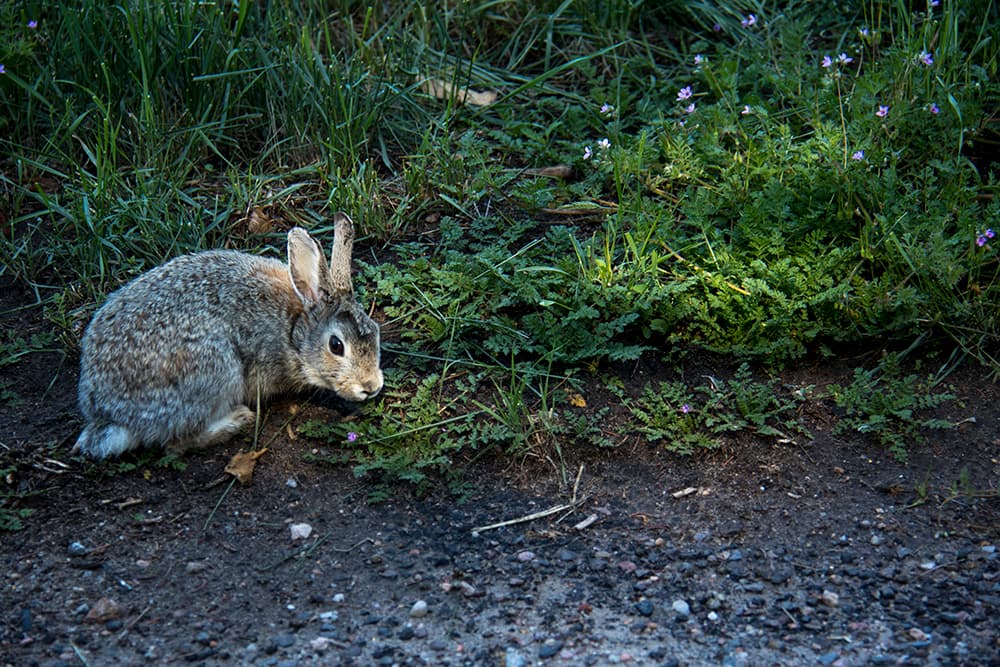
Denver hopes to be certified by the end of 2019, joining 116 other cities and towns across the country, including big ones like Houston and Baltimore. Denver would be the largest Community Wildlife Habitat in the West.
To get there, Denver will need to rack up 750 points. The minimum point total is determined by population.
"We're in the process of certifying 50-plus parks now. We certified all of the golf courses. We get three points for each park or public space that we certify," Gilmore said. "We're also working with Denver Public Schools. Schools get a certain amount of points, too. The cool thing about schools is they don't charge schools to certify because of the way they teach kids about wildlife habitats."
Here's what you can do:
To get your backyard (or balcony) habitat certified by the National Wildlife Federation, you'll need to meet requirements in five categories. There are various ways to do it:
- Food. This can include things like berries, nectar and bird feeders. Your habitat needs three of the 13 options.
- Water. This can include things like bird baths, rain gardens and streams. Your habitat needs one of the 10 options.
- Cover. This means areas where wildlife can take shelter from weather and predators. It includes things like wooded areas, rock piles or walls and roosting boxes. Your habitat needs two of the 12 options.
- Places to raise young. This can include mature trees, burrows and host plants for caterpillars. Your habitat needs two of the 10 options.
- Sustainable practices. Sub-categories include soil and water conservation, controlling exotic species and organic practices. Your need to employ practices from two of those three categories in your habitat.
You can review the whole checklist here.
Gilmore says it costs $20 to certify your home habitat. To start the process, you need to register here.

